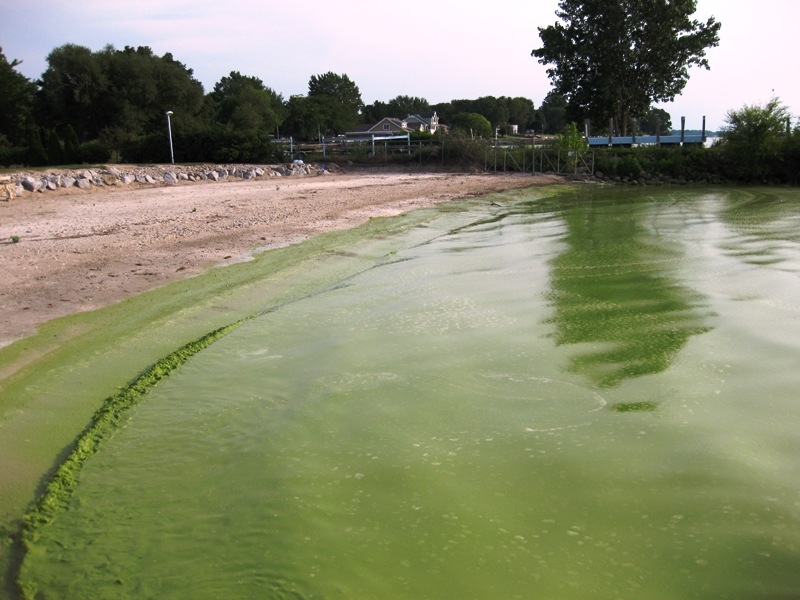Last week, NCCOS scientists trained fellow scientists from the South Carolina Department of Health and Environmental Control (DHEC) to use the enzyme-linked immunosorbent assay (ELISA) to detect microcystins, toxins produced by freshwater blue-green algae that can result in human and animal poisonings.
As part of an EPA-supported project, DHEC and NCCOS are using the ELISA test kits and phytoplankton monitoring to screen lakes, ponds, and reservoirs in South Carolina this summer for microcystin-like activity. NCCOS is also providing DHEC with analytical support through its Charleston, South Carolina, labs to identify harmful algal bloom (HAB) species and associated toxins.
About 80 percent of public water systems in South Carolina use surface water, such as lakes, ponds, and reservoirs, as their source of drinking water. A little over 1.3 million acres of South Carolina is surface water and is critical to South Carolina’s natural resource–based economy, which generates $33.4 billion in economic activity and supports over 215,000 jobs.

In addition to ELISA training, the state of South Carolina also recently requested help from NCCOS to reorganize the South Carolina Task Group on Harmful Algae. The task group coordinates the HAB-related activities of scientists, medical professionals, and resource managers, providing coordinated responses, communication, and educational strategies to address current and emerging HAB issues in South Carolina.
The assistance NCCOS is providing to South Carolina also supports NOAA’s efforts in the Blue Economy by facilitating and restoring ecosystem health.
For more information, contact Tod.Leighfield@noaa.gov or Steve.Morton@noaa.gov.
